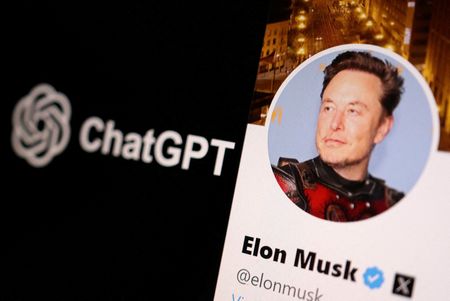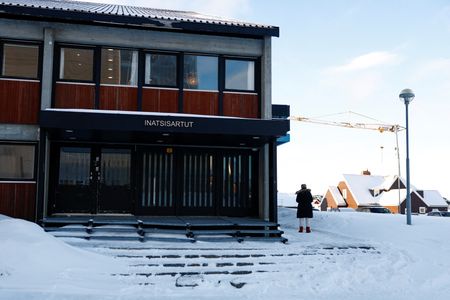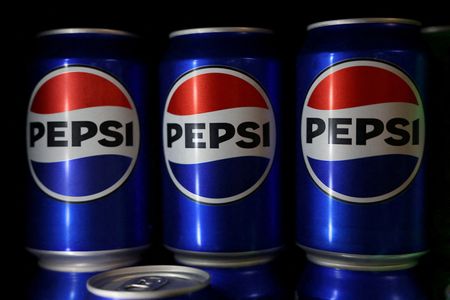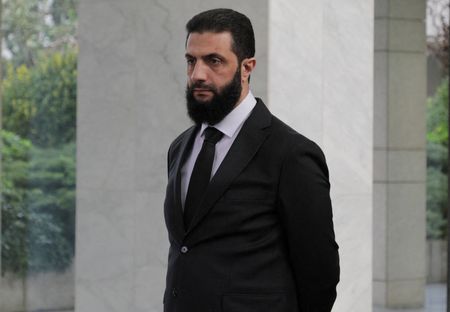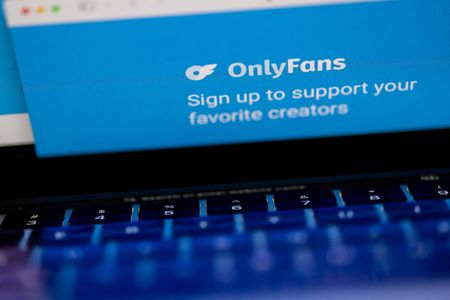OAKLAND, Calif. (Reuters) – – Lawyers for Elon Musk and ChatGPT maker OpenAI are set to butt heads in the courtroom on Tuesday as a judge will hear arguments on Musk’s lawsuit to halt OpenAI’s conversion to a for-profit entity.
Musk’s request to block OpenAI’s conversion is the latest move in a grudge match between the world’s richest person and OpenAI CEO Sam Altman that is playing out publicly in court.
The hearing will take place at a U.S. federal court in the Northern District of California.
Musk cofounded OpenAI with Altman in 2015, but left before the company took off and subsequently founded the competing AI startup xAI in 2023.
OpenAI is now trying to transition from a nonprofit into a for-profit entity, which it says it needs to do to secure the capital required to develop the best artificial intelligence models.
Last year, Musk filed a lawsuit against OpenAI and Altman, saying that OpenAI’s founders originally approached him to fund a nonprofit focused on developing AI to benefit humanity, but that it is now focused on making money.
He later expanded the lawsuit to add federal antitrust and other claims, and in December asked the judge presiding over the case to stop OpenAI from transitioning to a for-profit.
In response to Musk’s lawsuit, OpenAI has said it will move to dismiss Musk’s claims and that Musk “should be competing in the marketplace rather than the courtroom.”
The stakes on OpenAI’s corporate transition have now escalated, as OpenAI’s last fundraising round of $6.6 billion and a new round of up to $25 billion under discussion with SoftBank are conditioned on the company restructuring to remove the nonprofit’s control.
Such a restructuring would be highly unusual, said Rose Chan Loui, executive director of the UCLA Law Center for Philanthropy and Nonprofits. Nonprofit conversions to for-profits have historically been for health care organizations like hospitals, not venture capital-backed companies, she said.
(Reporting by Anna Tong in Oakland; Editing by Marguerita Choy)

